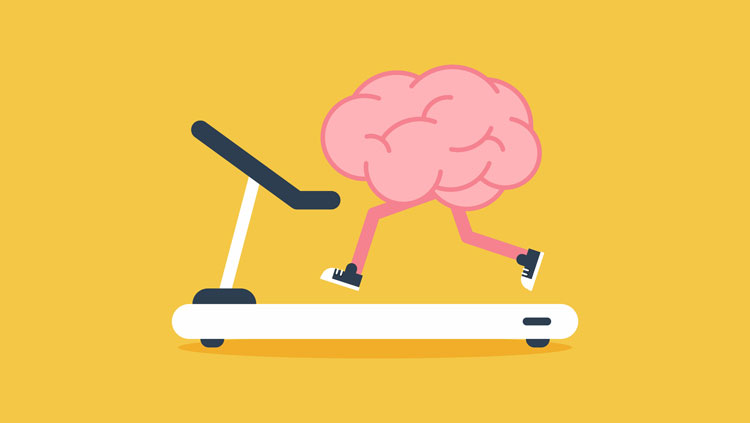Evolution
When you exercise, your muscles and liver release proteins into your blood that exert powerful influence on your brain.
Some pages on this website provide links that require Adobe Reader to view.
Copyright © Society for Neuroscience

